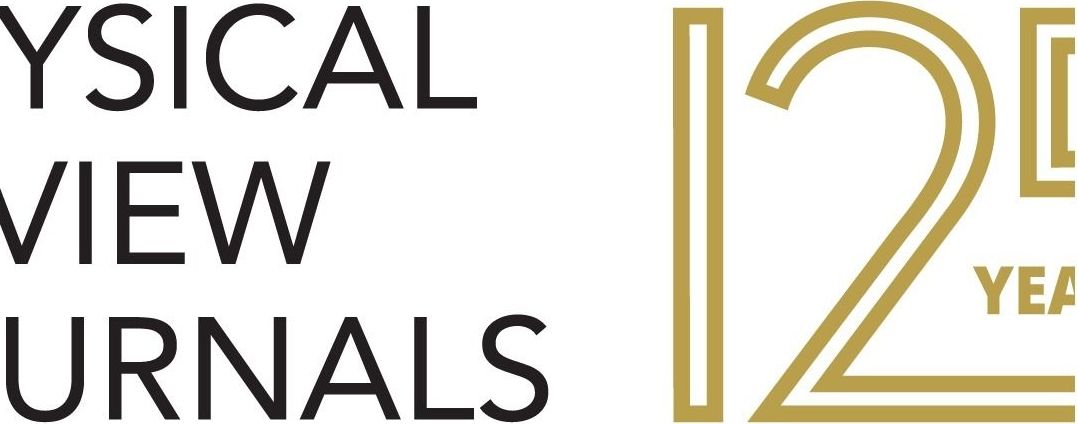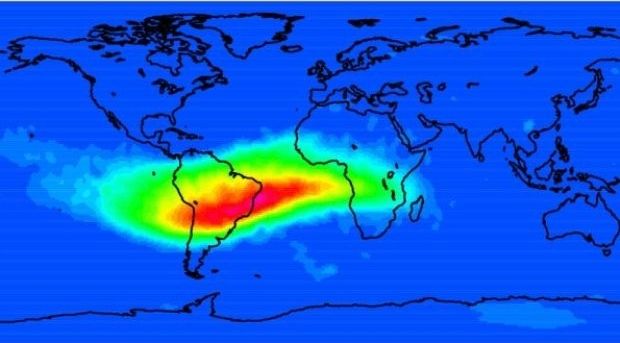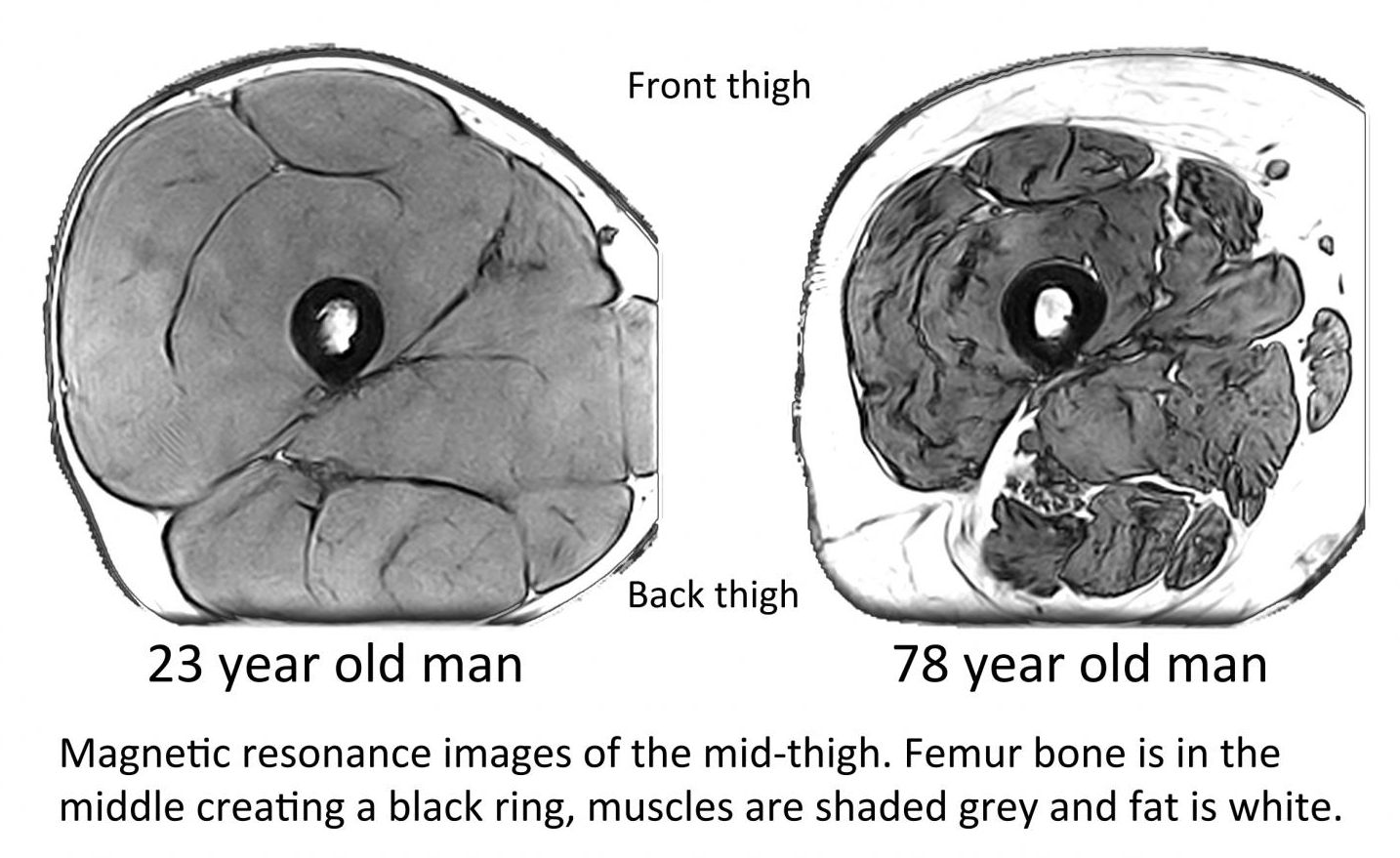Throughout 2018 APS is celebrating the 125th anniversary of The Physical Review. To commemorate this milestone the editors present a selection of important articles.



What this means
“If we look at our best numerical simulations of a magnetic field reversal, this is the type of pattern we see right before a reversal,” says Dr. Tarduno. “We don’t know if the current [anomaly] will lead to a full reversal.” If the anomaly continues to grow, the patch in the outer core under Africa could be the trigger to a full pole reversal.
If we look at our best numerical simulations of a magnetic field reversal, this is the type of pattern we see right before a reversal.

PORTLAND, Ore. (KOIN) – It’s a staggering statistic.
Thousands of people are expected to be killed or somehow injured when a major earthquake hits, according to a newly released report. Depending on when a 9.0 Cascadia Subduction Zone (CSZ) earthquake hits, the death toll and number of injured could reach into the “low tens of thousands.”
The newly released report was prepared for the Regional Disaster Preparedness Organization (RDPO).
Read article.




